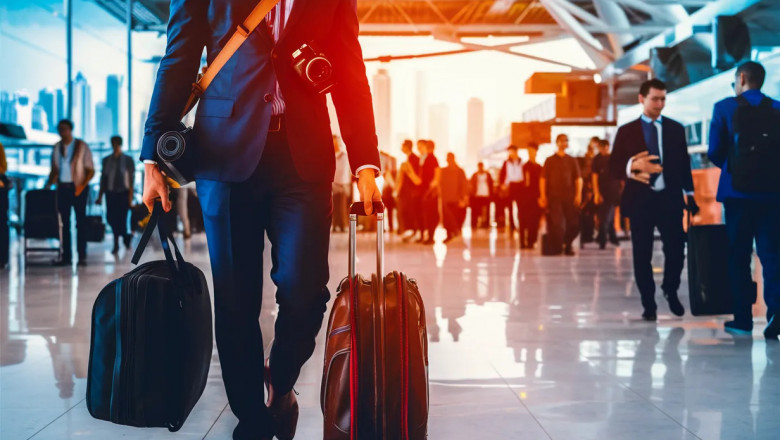views
As businesses continue to recover and adapt in a post-COVID landscape, business travel is being reshaped. Companies must balance safety, cost, and convenience, all while staying aligned with the evolving needs of employees and clients.
The New Normal in Business Travel
The pandemic has forced businesses to rethink how and when travel is necessary. While face-to-face meetings are still valued for their ability to strengthen relationships and foster collaboration, many companies have turned to digital solutions to replace non-essential travel. The result is a hybrid model that combines remote work with strategic business trips.
This shift has been an opportunity for businesses to evaluate the purpose of each trip, ensuring that only essential travel occurs. While some travel has decreased, the value placed on face-to-face meetings for key deals or partnerships has increased.
Focus on Health and Safety Protocols
The safety of employees is paramount, and many companies have implemented robust health protocols to ensure safe travel. These include providing employees with PPE, ensuring access to health services, and offering emergency travel support.
Furthermore, organizations are investing in technology to monitor health trends in the locations they travel to, ensuring they remain compliant with local health regulations. By prioritizing safety, companies show that they value their employees’ well-being and contribute to building trust within their teams.
The Rise of "Bleisure" Travel
One of the positive trends emerging from the pandemic is the rise of "bleisure" travel—the blending of business and leisure. With more flexibility and autonomy in scheduling, employees are taking advantage of business trips by extending their stays for personal leisure time. This trend helps employees feel more relaxed and refreshed after trips, enhancing productivity and engagement.
Employers that embrace bleisure travel create a more attractive travel policy for employees, contributing to better retention and satisfaction. Additionally, combining work with leisure can help prevent burnout, especially for employees who may otherwise be overworked in a remote work environment.
Technology’s Role in Streamlining Business Travel
Technology continues to play a critical role in the evolution of business travel. Virtual tools like video conferencing and online collaboration platforms have enabled businesses to maintain operations without the need for frequent travel. As companies grow accustomed to these tools, the demand for in-person meetings may fluctuate depending on the context.
For trips that are still necessary, digital solutions like travel management software help streamline the process. These tools can automatically book flights, arrange accommodations, and ensure compliance with travel policies, saving time and reducing administrative costs.
Mobile apps that provide real-time updates on flight statuses, gate changes, and local restrictions have also become essential. These tools provide peace of mind for travelers, enabling them to focus on the business aspect of their trips instead of logistical issues.
Cost Control and Budget Optimization
Given the financial strains that businesses face, managing travel expenses efficiently is more important than ever. Travel management platforms and data analytics allow organizations to track spending, identify trends, and optimize travel policies.
For instance, by analyzing past travel data, companies can find patterns that help make future trips more cost-effective. Negotiating corporate rates with airlines, hotels, and car rental companies can further cut costs, while encouraging employees to book in advance allows them to take advantage of discounts.
Additionally, businesses are focusing on minimizing the environmental impact of their travel. Many are adopting carbon offset programs to reduce emissions or opting for more eco-friendly travel options, aligning cost control with sustainability.
To discover more about how these evolving trends are affecting Business Travel, explore the latest insights on adapting your strategy.






















Comments
0 comment